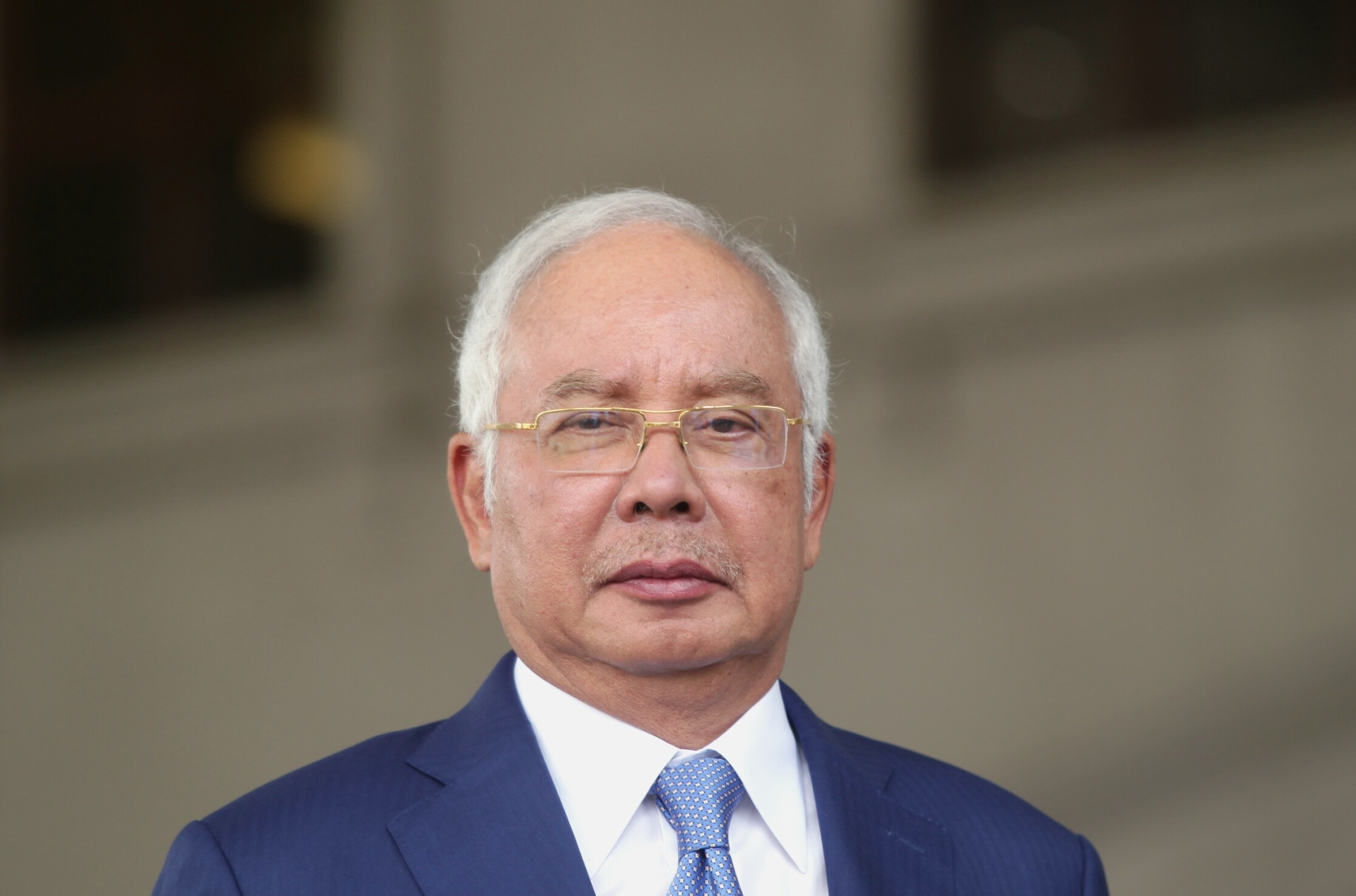

On that day the Federal Court, which is the highest court, has been set to deliver the most awaited verdict on whether or not to grant an application for leave by the Catholic Church to appeal against a Court of Appeal’s decision in prohibiting the weekly Herald’s Bahasa Malaysia section from using the word ‘Allah’.
A seven-member panel led by Chief Justice Tun Arifin Zakaria had, on March 5, heard submissions from both parties on the leave application. The church is seeking to obtain leave from the Federal Court to proceed with its appeal against the Court of Appeal’s decision, made on Oct 15, 2013, to ban the use of the word ‘Allah’ in the Bahasa Malaysia section of its publication.
The Court of Appeal had set aside the Dec 31, 2009 decision of a High Court, which had allowed the Herald to use the word ‘Allah’, after it (High Court) declared that the Home Ministry’s decision in prohibiting the publication from using the word ‘Allah’ was illegal, null and void.
In 2009, the Roman Catholic Church, led by Archbishop Murphy Pakiam, filed a judicial review application, naming the Home Ministry and the government as respondents, seeking, among others, a declaration that the ministry’s decision to prohibit the use of the word Allah in the Herald publication was illegal.
The weekly, published in four languages, has been using the word ‘Allah’ to refer to God in the Herald Malay-language section, specially to cater for Catholics in Sabah and Sarawak.
Under the Courts of Judicature Act 1964, an applicant in civil cases must first obtain leave (permission) from the Federal Court in order to bring their appeal to the Federal Court which is the Apex Court.
When the Federal Court is satisfied that the questions of law presented by the applicant have fulfilled the legal requirements, the Federal Court will then grant leave to appeal. If the Federal Court decides not to grant leave to the church, the decision of the Court of Appeal will stand and there can be no more appeals by the church.
The day has also been set for the court to hear the prosecution’s appeal against the acquittal of two police special action unit personnel, Chief Inspector Azilah Hadri and Corporal Sirul Azhar Umar, on a charge of murdering Mongolian national, Altantuya Shaariibuu.
The Court of Appeal had on Aug 23, last year, freed Azilah and Sirul Azhar on the murder charge after unanimously allowing their appeals, hence, overturning their conviction and death sentence imposed by the Shah Alam High Court in 2009, which found them guilty of murdering Altantuya, 28.
They were charged with murdering the woman at Mukim Bukit Raja in Shah Alam between 10pm on Oct 19 and 1am, the following day in 2006. The Court of Appeal in its 47-page judgment had held that circumstantial evidence adduced by the prosecution was insufficient to sustain the finding of the duo’s guilt.
It said their guilt had not been satisfactorily proven, “thus, the court was constrained to give them the benefit of the doubt”. The prosecution filed its petition of appeal on Jan 3, this year, listing six reasons why the three-member Court of Appeal bench was wrong in law and facts to allow the two policemen to escape the gallows.
Former political analyst Abdul Razak Baginda, 50, who was initially charged with abetting Azilah and Sirul Azhar, was acquitted by the High Court on Oct 31, 2008 after it (the high court) held that the prosecution failed to establish a prima facie case against him. The prosecution did not appeal this decision to the Court of Appeal.
– BERNAMA










